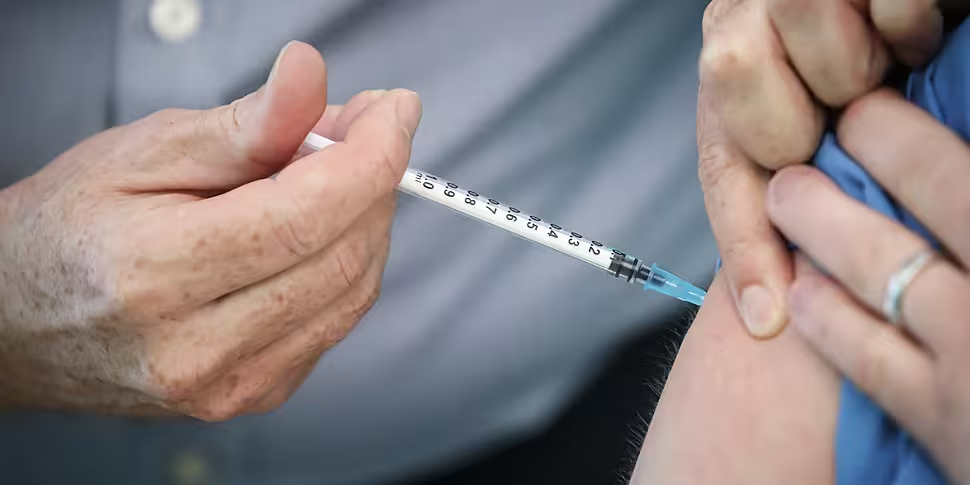Only a 'tiny, tiny number' of people who've received the Pfizer / BioNTech coronavirus vaccine have had an allergic reaction, Professor Luke O'Neill says.
The leading immunologist says a huge amount of data is showing it is a 'very safe vaccine'.
Scientists have also discovered the cause of the allergic reaction - meaning they're able to treat those affected safely.
In the days following the rollout of the vaccine in the UK, it was reported that two people with a history of allergies had a reaction to the jab.
However, over 1.5 million vaccinations later, just eight people have been reported to have had such a response.
Professor O'Neill told The Pat Kenny Show that polyethylene glycol - a substance similar to anti-freeze - has been identified as the culprit for those reactions.
It is already found in the likes of toothpastes and shampoos, and there's also a 'tiny bit' in the Moderna and Pfizer vaccines to stabilise them.
The Trinity College professor explained: "It looks like a tiny amount of people have reacted to polyethylene glycol - so now we know the basis for the allergy.
"Not many people have this allergy anyway, but now that scientists now that they can exclude people who might have an allergic reaction. Very importantly, all eight were treated very effectively.
"Moderna had flagged it... they kind of saw it coming... but it's so rare and easy to treat, it probably won't be an excluder."
He said people who are severely allergic to many things may be excluded from this initial phase of vaccines, as the immune boost prompted by the jabs might give rise to allergies.
However, he added: "The great news is the safety holds up - this is a very safe vaccine."
Vaccine rollout
Professor O'Neill said it's now almost certain many other vaccines will be approved in the coming months - with six potentially available by June.
He said: "Each of the companies are already making millions and millions of doses now... they're stocking up.
"What this means is supply will not be an issue. We can comfortably predict in Ireland we're aiming to have 13 million doses by [quarter 2] next year.
"It's alarming in a way how wonderful this is - why couldn't we have done this with other infectious diseases? If we mobilised behind malaria like this, malaria could be gone.
"We're learning from COVID how to mobilise a vaccination campaign."
He explained that once vulnerable people are vaccinated - which could be early next year in the likes of the UK - death rates are likely to 'plummet', and the discussion will swiftly turn to whether we can ease restrictions for everyone.









